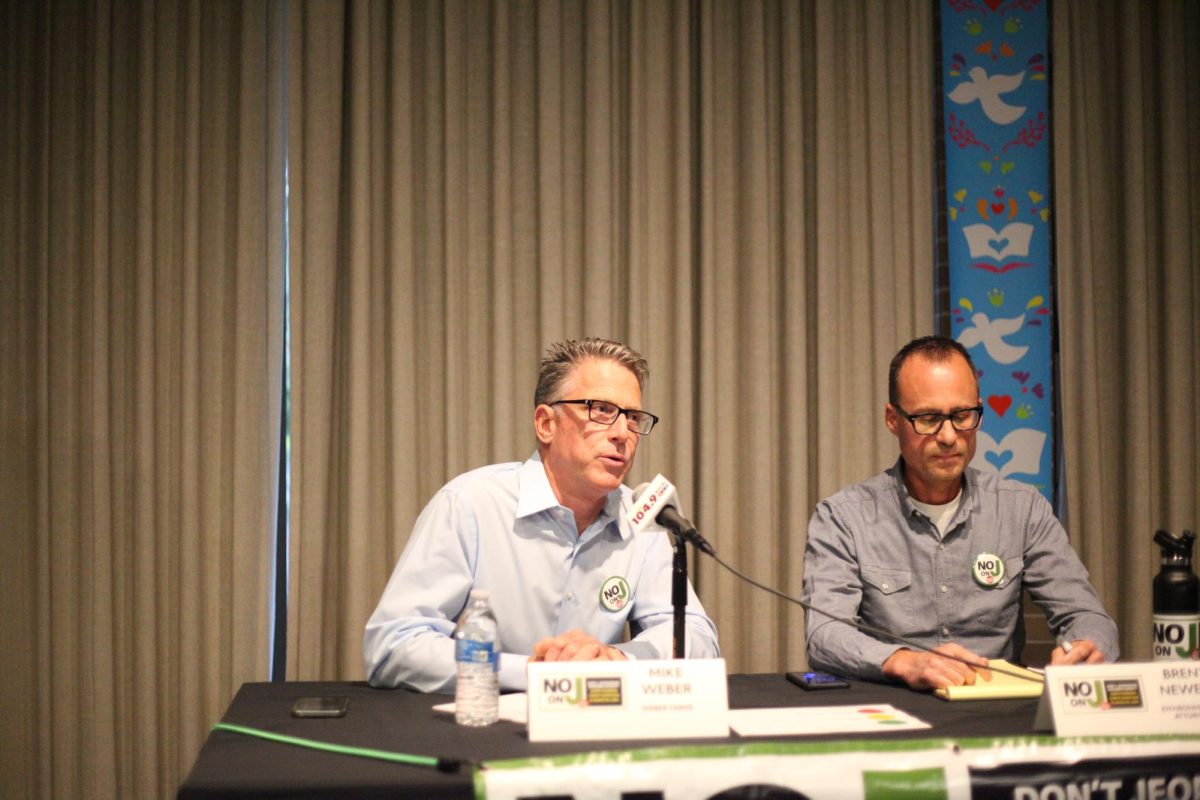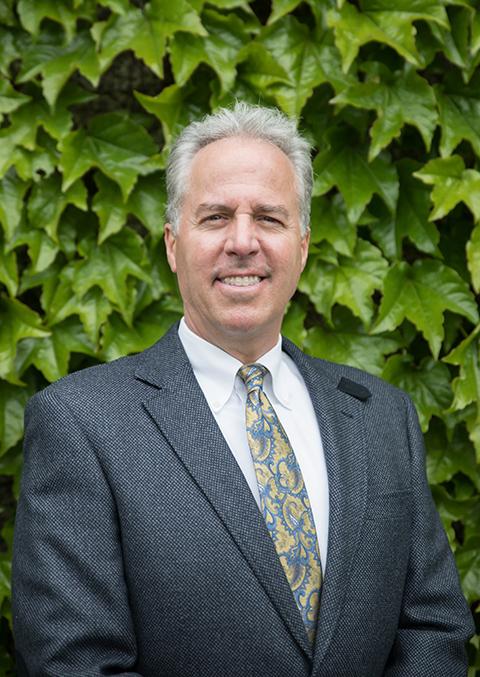The topic of sexuality, when brought up in discussion, simply makes people nervous, similar to the topic of disability. Shauna Farabaugh is a certified somatic sex educator who teaches about the topics of sexuality and disability.
In 2007, Farabaugh became certified in sex education at San Francisco Sex Information (SFSI), a nonprofit organization in the Bay Area. Sexuality and disability are very real aspects of identities that surround us every day and Farabaugh believes that sexuality is essential to our humanity.
“As a somatic practitioner we are always building our relationship with our bodies and increasing our capacities to hear what our body is telling us,” she said.
Disability awareness month will continue to supply the month of April with events like Farabaugh’s. She wants nothing more than to share her knowledge with those who are struggling with their sexuality, living with a disability, or even those just interested in what she has to say.
Farabaugh started teaching sex education in 2013 and she is one of the five founding members of the Bay Area Sexuality and Disability Network. “I feel like my passions in life are sex and justice,” said Farabaugh. She focuses on the topic of “sexcessibility,” which is the concept of disability and sexuality combined.
Farabaugh emphasizes that somatic awareness focuses on five aspects, which are weight, temperature, movement, a quality, and an image. Somatic awareness is all about someone acknowledging their own self within an environment.
When in an environment, everyone is aware of their surroundings, but not everyone is always aware of their own body. “One part of our body can feel very heavy and one part of our body can feel very light,” Farabaugh said.
Sexuality in relation to disability is much more closely related than most are aware. Those who have disabilities still have sex as well as struggle with their sexuality. “Sex is one of the best parts of being human,” said Farabaugh. One of the stereotypes surrounding sexuality and disability is the fear of passing on a disability in reproduction. This stereotype affects a large majority of those living with disabilities.
A disability can be permanent or temporary, but regardless, it should not stop someone from living their life to the fullest extent. “The range of quote, unquote ‘normal’ in sexuality is vast,” said Farabaugh. When sexuality becomes a topic of discussion, individuals automatically feel nervous. Sexuality, sexual expression, and even sexual desire are experienced by everyone, even those who are living with disabilities.
“We need to admit that disability scares the [crap] out of people,” said Farabaugh.
Society continues to put this negative connotation on sexuality and disability, when in reality, it is just another part of almost every person’s life in some way. At least one person knows someone struggling with their sexuality as well as someone who is living with a disability. “Most of us carry an imprint of our upbringing,” said Farabaugh. The idea that what has been learned during adolescence is the way things have to be is not always the case.
Sexuality and disability hold similar connotations when it comes to topics society tries to push to the bottom of the barrel. As a whole, society has come a long way in being more aware on the topics, but there can always be more.
“The language of the body is sensation,” said Farabaugh. Society tries to keep sexuality and disability under this blanket that is unable to be taken off, but in reality, society is just becoming a more “sexcessible” environment.

































